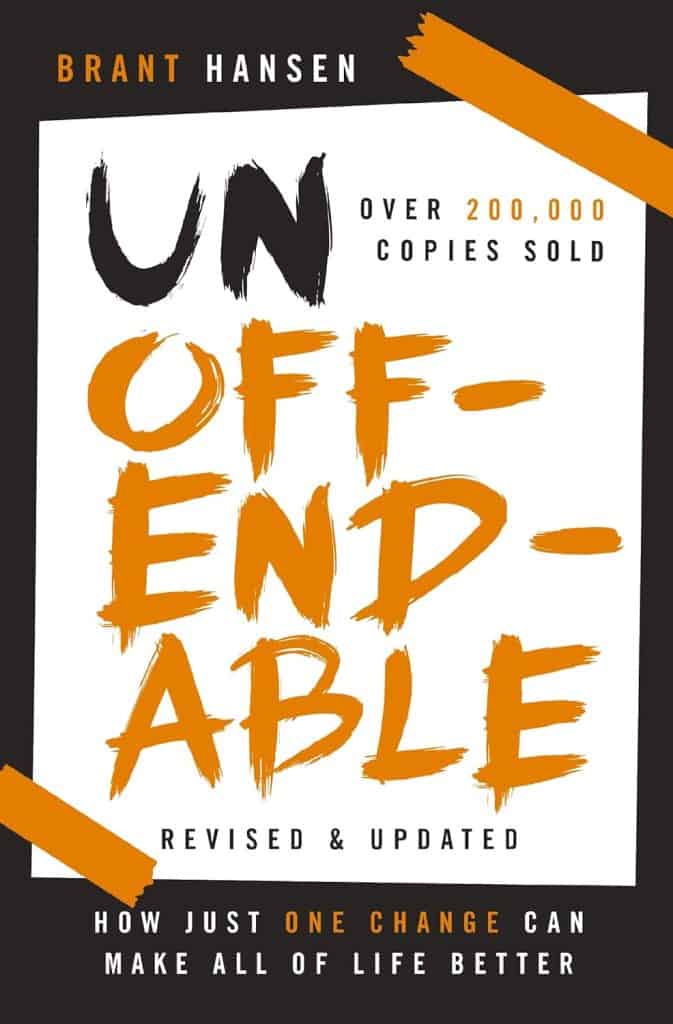“Why are you downcast, O my soul? Why so disturbed within me?” (Psalm 42:5)
We all experience intense emotions, such as joy, sadness, or anger, which can feel overwhelming. Understanding our emotions is a profound question. Let’s see what does the Bible say about feelings?
The Promise of Your Eternal Inheritance
“Your future reward is described as ‘imperishable, undefiled, and unfading’ (1 Peter 1:4).”
Today’s trials test the authenticity of your faith, which is valued even above gold. These moments demand faith over sight and prepare you for spiritual conflicts.
Emotions in Biblical Narratives
“Delight yourself in the Lord, and he will give you the desires of your heart.” (Psalm 37:4)
The Scriptures are filled with references to emotions, from joy and love to fear and anger. These feelings reflect our deepest beliefs and values. They show us where our hearts are truly focused.
David: A Biblical Example of Emotional Mastery
King David’s emotional life, as chronicled in the books of Samuel, offers insights into the spiritual mastery of emotions under duress.
- Strobel, Lee (Author)
- English (Publication Language)
Must Read: Bible Quotes About Emotions
His life was fraught with complex challenges: from being relentlessly pursued by King Saul, who sought his life, to dealing with the betrayal of close confidants and his moral failures.
David’s approach to managing his emotions was deeply rooted in his relationship with God. Unlike many who might suppress or ignore their feelings, David openly expressed his emotional turmoil, fears, joys, and repentance. He used poetry, song, and prayer to illustrate a model of vulnerability and faith.
David’s Laments and Praises
David’s psalms particularly tell how he harnessed his emotions to deepen his spiritual resilience and reliance on God.
For instance, Psalm 18 is a beautiful expression of his gratitude and relief after being delivered from Saul:
“The Lord is my rock, my fortress, and my deliverer; my God is my rock, in whom I take refuge, my shield and the horn of my salvation, my stronghold.” (Psalm 18:2)
Facing Betrayal with Faith
Another poignant moment is in 2 Samuel 15 when David flees Jerusalem as his son Absalom attempts a coup.
Despite the deep personal betrayal and the potential loss of his kingdom, David’s response is marked by an incredible submission to God’s will:
“But if he says, ‘I am not pleased with you,’ then I am ready; let him do to me whatever seems good to him.” (2 Samuel 15:26)
David displays unwavering faith in God’s plan, regardless of his circumstances, and demonstrates his capacity to navigate despair effectively.
Personal Failings and Repentance
David’s affair with Bathsheba and the subsequent arranged death of her husband, Uriah, marks a significant moral failing. However, David’s life through repentance is a critical lesson in handling guilt and seeking redemption.
Psalm 51 vividly illustrates his emotional depth and repentance:
“Create in me a clean heart, O God, and renew a steadfast spirit within me.” (Psalm 51:10)
David goes beyond expressing regret in this context; he actively pursues a transformative process. He recognizes that authentic emotional and spiritual control arises from harmonizing one’s intentions and behavior with the divine principles set by God.
The Battle Within
Like David, we face both external adversities and internal struggles. Sin and Satan can use our emotions to lead us astray. Remember, our feelings are not commands; they are advisories. They should inform our decisions, not control them.
Stay Vigilant in the Face of Emotional Attacks
“Be sober-minded; be watchful. Your adversary the devil prowls around like a roaring lion, seeking someone to devour.” (1 Peter 5:8)
Remaining alert is essential, as the devil may exploit our emotional vulnerabilities to divert us from God’s path.
Recognizing when your emotions are manipulated is crucial for seeking the truth and responding with prayer and reflection.
Emotions as Gauges, Not Guides
When confronted with strong emotions, pause to assess their origins and truths. Emotions can highlight areas in our spiritual lives that need strengthening. They are meant to assist us in identifying where to focus our spiritual efforts, not to dictate our actions blindly.
Leaning on God and the Community for Support
When you face challenges, you should rely on your community and seek God’s guidance. David found strength not only through his faith but also through his relationships with those who feared God. Sharing your struggles and seeking advice through partial are vital.
“This light momentary affliction is preparing for us an eternal weight of glory beyond all comparison.” (2 Corinthians 4:17)
The challenges you face today will eventually pass, and the rewards will far outweigh the hardships.
Conclusion: What Does the Bible Say About Feelings?
What does your emotional life reveal about your spiritual journey? King David’s story encourages us to bring our feelings before God, just as he did. He teaches us about the power of honesty in our spiritual walk.
“Cast your cares on the Lord and he will sustain you; he will never let the righteous be shaken.” (Psalm 55:22)
How do you handle your emotions in light of what does the Bible say about feelings? Share your experiences and insights in the comments or discuss them with friends to deepen your understanding. How will you align your emotional responses with God’s guidance?











![[Book Review] What Happens One Minute After You Die?](https://christpulse.com/wp-content/uploads/2025/01/81sNS-qeKPL._SL1500_-662x1024.jpg)
![Humility: The Journey Toward Holiness [Book Review]](https://christpulse.com/wp-content/uploads/2024/11/519yzs2wSrL._SL1360_-731x1024.jpg)








Leave a Comment